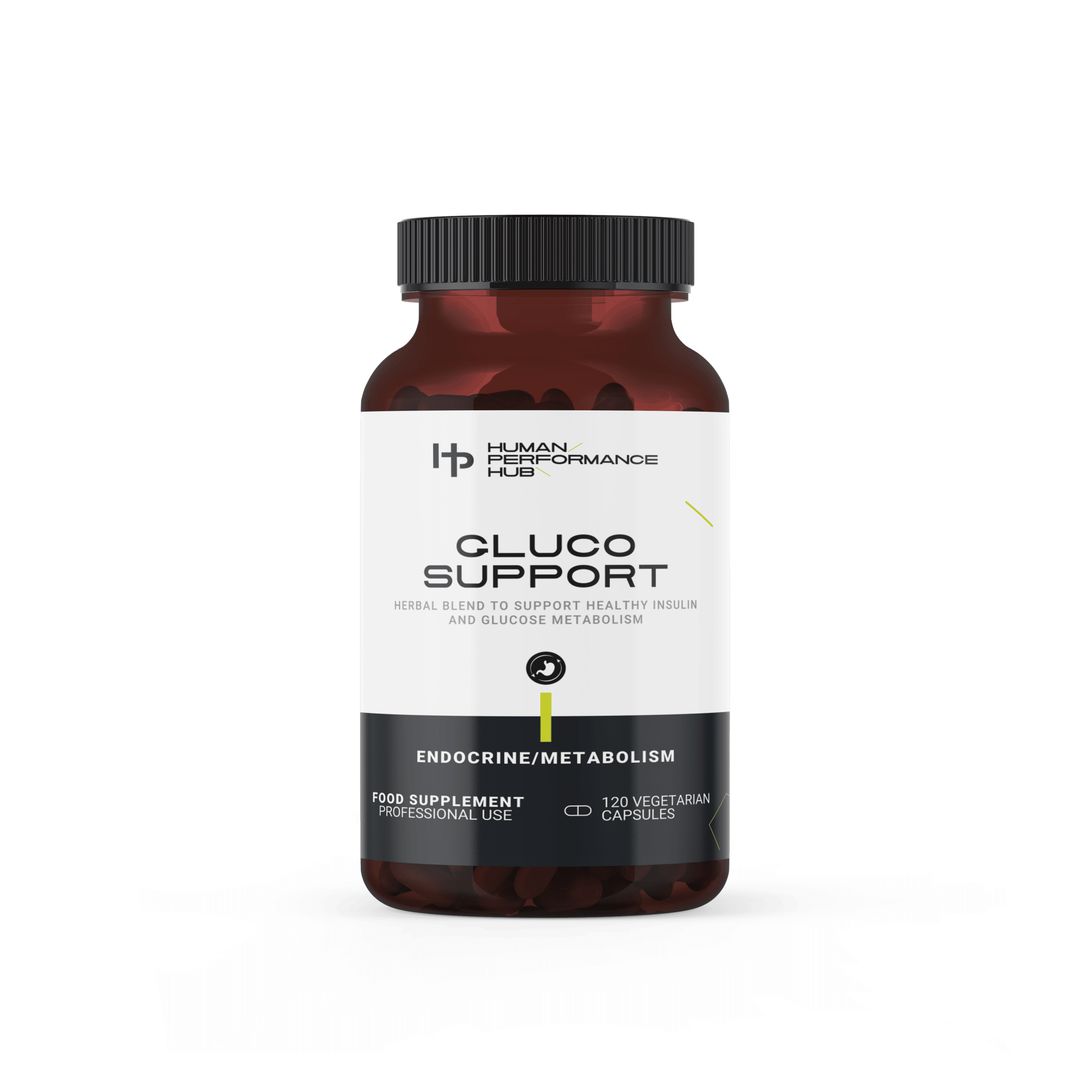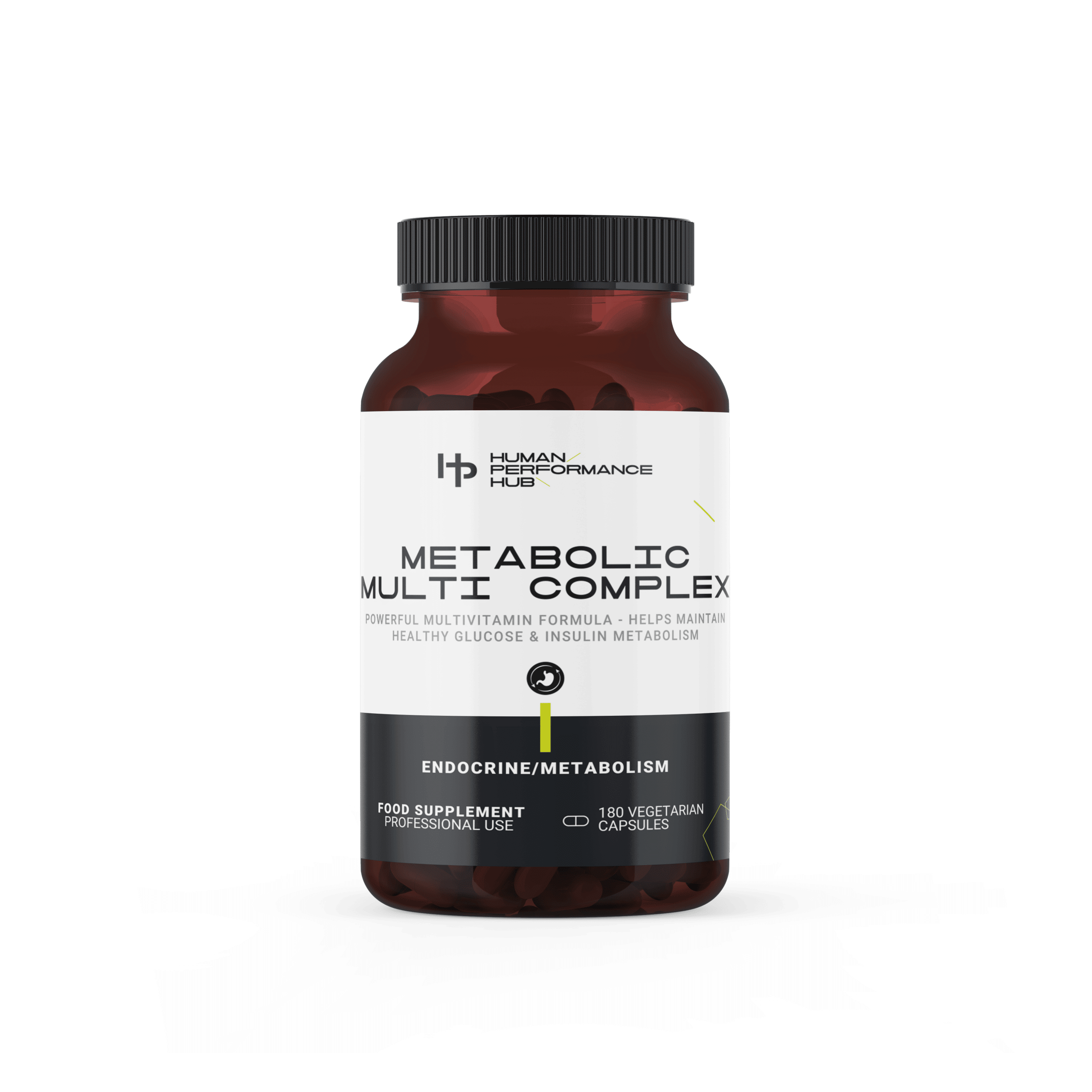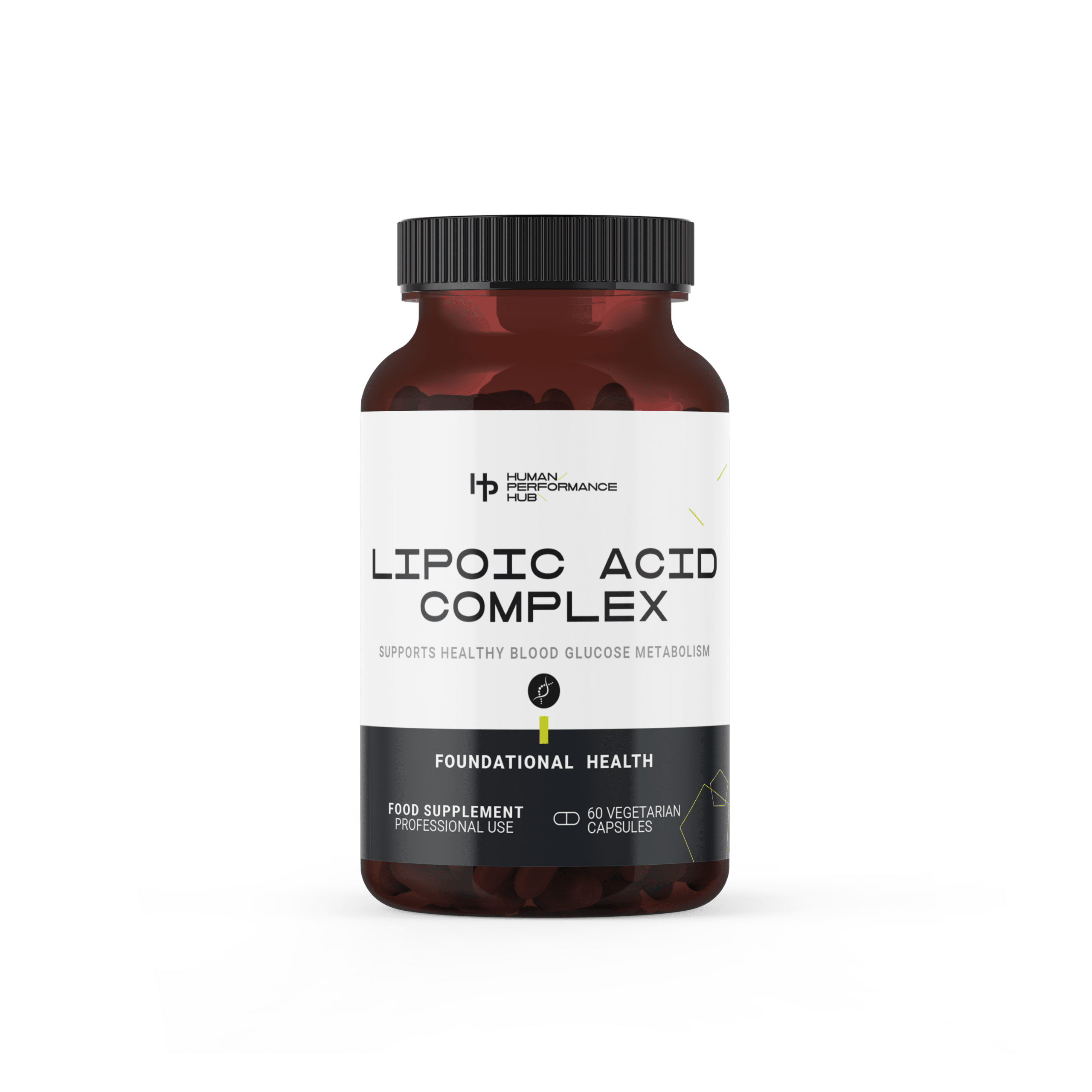Find out why managing your glucose levels can help you keep the weight off and improve your health.
Diabetes and heart disease rates are increasing worldwide. As well as being severe chronic conditions, they also have a few things in common.
They’re both considered “lifestyle” diseases, meaning they tend to occur in people with particular lifestyle habits, such as poor nutrition, high stress, and so on. Additionally, they’re both linked with blood sugar imbalance.
This article will discuss what I learned using a Continuous Glucose Monitor (CGM) for blood sugar management. Plus, I’ll give you some tips to help you manage your blood sugar and improve your health.
What is blood sugar management?
Blood sugar management aims to keep your blood glucose levels stable to prevent hyperglycemia or hypoglycemia.
- Hyperglycemia (high blood sugar) occurs when the body has too little insulin or can’t use the insulin it makes properly. Chronic hyperglycemia results in insulin resistance, a significant risk factor for heart disease, diabetes, and other health issues.
- Hypoglycemia (low blood sugar) can also cause serious problems. Chronically low blood sugar causes the adrenal glands to release cortisol repeatedly. This affects vital functions and can lead to health problems like weight gain, muscle weakness, and Cushing syndrome. Severe or prolonged hypoglycemia can cause seizures, coma, and death.
Read more about blood sugar management and its effects on health.
The benefits of blood glucose monitoring
Daily monitoring of glucose levels is essential for managing diabetes, yet glucose tracking is also beneficial for non-diabetics. It lets you see how daily activities affect your sugar levels and the impact of your actions to control your health.
That’s because blood glucose changes throughout the day, and spikes and dips can affect your health and performance. For example, monitoring can help you avoid blood sugar crashes resulting in fatigue, cramping, and dehydration during physical activity.
The traditional method of testing blood glucose involves pricking your finger and measuring a small sample of blood. Continuous glucose monitors let you measure your glucose levels instantaneously without drawing blood. As well as being more convenient, continuous monitoring provides an overview of the whole day, including while you’re sleeping and training.
What I learned from blood glucose monitoring
I recently tested the ‘Freestyle Libre’ CGM, a monitor that measures interstitial fluid (the fluid between your cells) with a 5-20 minute delay to changes in blood glucose.
While I can’t draw any definitive conclusions from my testing sample, it raised some interesting findings worth sharing and produced body transformation results for my clients and myself.
1. Individuality
I’ve previously stated that no one diet suits everyone. This point was emphasised when I compared how different individuals responded to different types of carbohydrates. For example, testing my intake of certain foods elicited the following responses:
- White rice (hot or cold): very little response even with large quantities
- Sweet potatoes (hot or cold): more significant response compared to white potatoes
- Quinoa (hot or cold): significant response
2. Stress
As I’ve always suspected, stress has a powerful effect on blood sugar.
For example, I monitored a client who ate the same breakfast for two days. On the first day, eating a simple breakfast of salmon and avocado on the weekend resulted in minimal blood sugar. However, my client showed a marked spike in blood sugar the next day after eating an identical breakfast but a hectic journey to work. This is where mindful eating and taking the time to eat your food are important to your body.
Another interesting observation is how stress affects blood sugar during training. There was a minimal elevation in my blood sugar during my strength training. However, my blood sugar spiked to its highest readings when I played rugby, likely due to the extra adrenaline produced in live matches.
I see this same response among clients doing metabolic conditioning with incomplete rest. That’s why overdoing it with cardio will slow down the reaction of your body transformation if your training plan is not done correctly.
3. Sleep
CGM also confirmed that dips in blood sugar correlate to poor sleep and a foggy head in the morning. For example, when I first started monitoring, there were several big drops in my blood sugar during the night. Although I didn’t wake, the results suggest my sleep was not as deep and restorative as it could have been.
Subsequently, I added a small dose of slow-release carbohydrates before bed and noticed steadier blood sugar levels throughout the night resulting in more restful sleep. I’ve observed similar patterns with clients who improved their sleep by eating additional carbohydrates at night.
Conclusion
Gathering objective data on how the body responds to different foods highlighted how individual everybody is concerning diet. That’s why it’s important to identify how you feel and function after other meals. For example, if you feel sluggish and foggy-headed after eating sweet potatoes, it’s probably a good idea to try an alternative carbohydrate source, like butternut squash.
My CGM experiments also emphasised how significant stress is to blood sugar. This underlines the value of taking the time to eat correctly in a stress-free environment.
Keeping your blood sugars stable at night is especially important to optimise your sleep. If you’ve been on a low carbohydrate diet, try experimenting with a small portion of slow-release carbohydrates, such as oats, before bed. Then see if you feel any different the following morning.
Finally, using tools such as the ‘Freestyle Libre’ blood glucose monitor improves understanding of how your body responds to lifestyle. This information helps you become more attuned to your body to manage your diet and lifestyle better.
Supplementation can further support healthy glucose levels and help your body combat gut inflammation.
Human Performance Hub Gluco Support

Human Performance Hub Metabolic Multi Complex
Carbohydrates and insulin need to be utilised and function well for fat loss, liver health and pancreatic health. So if you are trying to lose fat or improve insulin sensitivity, this supplement contains ingredients to target that.
Human Performance Hub Lipoic Acid Complex
Suppose you suffer from poor focus and energy (fatigue). In that case, this could be due to blood sugar levels elevating and dropping too sharply, so a supplement like Lipoic acid can help prevent such blood sugar increases and keep consistent levels, helping your focus and energy.
Consultations
We’re always here to help. If you have any questions or would like advice about supplements, nutrition, or training, please book in for a consultation.
Further reading
- The right time and the right place, how to make carbohydrates work best for you.
- Blood Sugar Management and its Effects on Your Health
- One of the most powerful antioxidants in the body NAC / Glutathione
Disclaimer
Always speak with your physician or other healthcare professionals before making any nutritional & lifestyle changes or before taking any nutritional supplement. For more information, please view our terms & conditions.
References
- Ajjan, Ramzi A. “How Can We Realize the Clinical Benefits of Continuous Glucose Monitoring?.” Diabetes technology & therapeutics vol. 19,S2 (2017): S27-S36. doi:10.1089/dia.2017.0021
https://www.ncbi.nlm.nih.gov/pmc/articles/PMC5444484/
- Kresser, Chris. “Thyroid, Blood Sugar, and Metabolic Syndrome. https://chriskresser.com/thyroid-blood-sugar-metabolic-syndrome/
- Mayo Clinic. Cushing Syndrome https://www.mayoclinic.org/diseases-conditions/cushing-syndrome/symptoms-causes/syc-20351310













